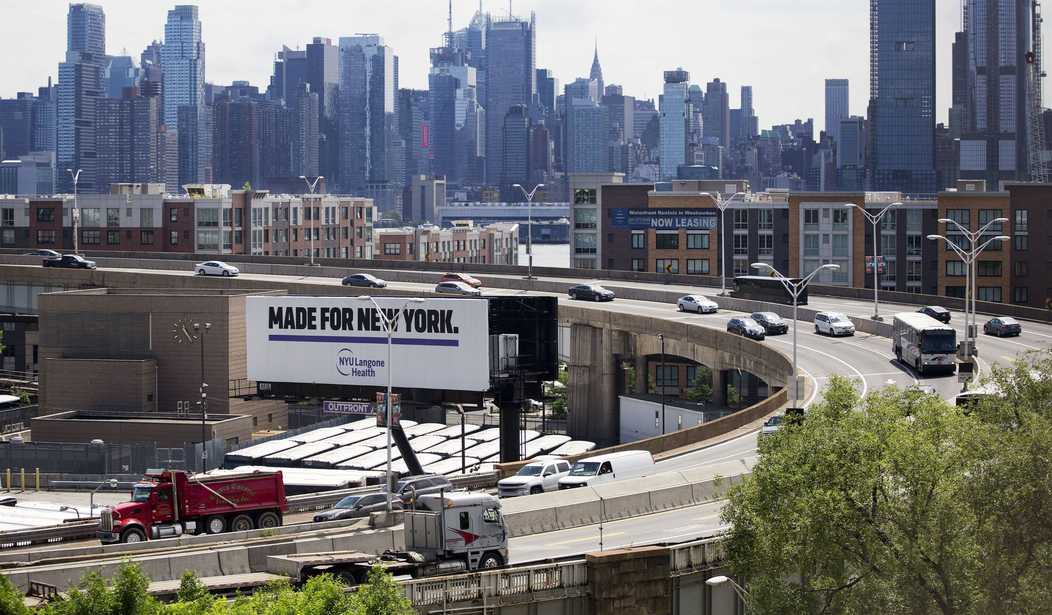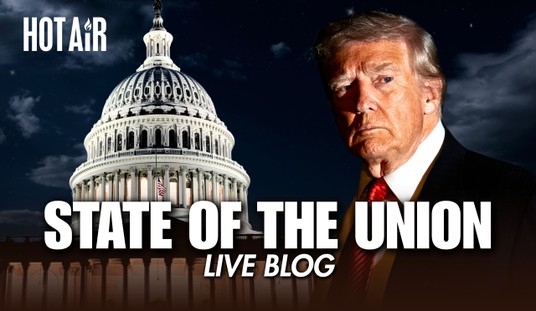City Journal has a piece today about a change to the New York state constitution which will go before voters in a couple of weeks. Prop 2, as it’s called, would guaranteed every New Yorker “a right to clean air and water, and a healthful environment.” The green amendment is backed by environmental groups but also has support from groups concerned about “environmental justice.”
New York’s Green Amendment is the product of a long-term progressive project. For decades, activists have worked to redefine laudable goals—such as providing health care or housing—as “rights” on a par with those enumerated in the Constitution. (“The right to clean water, air and a healthful environment should be as fundamental as a person’s right to free speech and assembly,” one group maintains.) That effort has dovetailed with the rise of the “environmental justice” movement, which reframes environmental problems as examples of racial or class discrimination. A letter to state legislators in support of the measure signed by some 70 advocacy groups states that the “Green Amendment is a powerful and important tool for combating environmental racism.” According to the New York League of Conservation Voters, which backs the proposal, the amendment would mandate “that all people must have the same degree of protection from environmental health hazards.”
So what does this mean in practice? No one really knows. The article points out that other states have similar commitments in their constitutions but those tend to be more narrow and haven’t resulted in a surge of new lawsuits. New York’s amendment could be different precisely because it’s so vague. For instance, it’s not clear if the amendment would allow anyone to sue over any perceived infraction:
The amendment’s seemingly limitless scope raises many questions. In particular, to what extent does it give private citizens standing to bring lawsuits against the government or against businesses and other parties? In legal terminology, that’s known as a direct right of action. It’s a feature of the Americans with Disabilities Act (ADA) and other laws. In theory, such provisions empower private citizens to help improve enforcement of a worthwhile law by spotting infractions and filing suits against lawbreakers. In practice, these rules (which often include financial rewards for plaintiffs) can turn into abusive free-for-alls. Some ADA plaintiffs file hundreds of suits a year. Legal experts say that the Green Amendment could give environmental plaintiffs similarly broad rights. “The proposal does not address enforcement,” the National Law Review observes, “but it is certain that private parties will attempt to use this new constitutional provision as a basis for a direct right of action to enforce state environmental laws against other private parties in state court.”
Ultimately, this means that instead of state bureaucrats setting environmental policy it will be up to courts and the activists who use them to set policy. Over time, higher courts could set some general guidelines that will provide clear rules of the road for such lawsuits but in the short to medium term, it’s a recipe for uncertainly. That uncertainty is not going to be good for business or for the state. The author suggested a possible lawsuit he might be able to bring if the amendment passes.
For example, I live close to a Metro North train line. That means that I’m subjected to more pollution from Metro North’s diesel locomotives than the average New Yorker. Will the Green Amendment give me standing to sue Metro North and demand that it stop using diesel trains? Should a single judge determine whether the broad benefits of mass transit outweigh the localized impact of diesel smoke? A courtroom is a terrible venue to grapple with such complex, society-wide questions. “The provision would empower courts to make critical policy choices with huge budgetary implications,” reform advocate Howard says. “It is profoundly anti-democratic.”
I wonder if the right to a “healthful environment” won’t become a major front in the ongoing debate about what to do with the homeless. A tent on the sidewalk is not a very healthful environment. Does that mean that every homeless person has a right to a shelter bed? A hotel room? The cost of providing that healthful environment for people who can’t or won’t help themselves could be pretty dramatic.
Whatever it is that New York is in for, we’re probably going to find out fairly soon. The amendment is expected to pass and the piece concludes that at least 10 other states are considering similar measures.








Join the conversation as a VIP Member